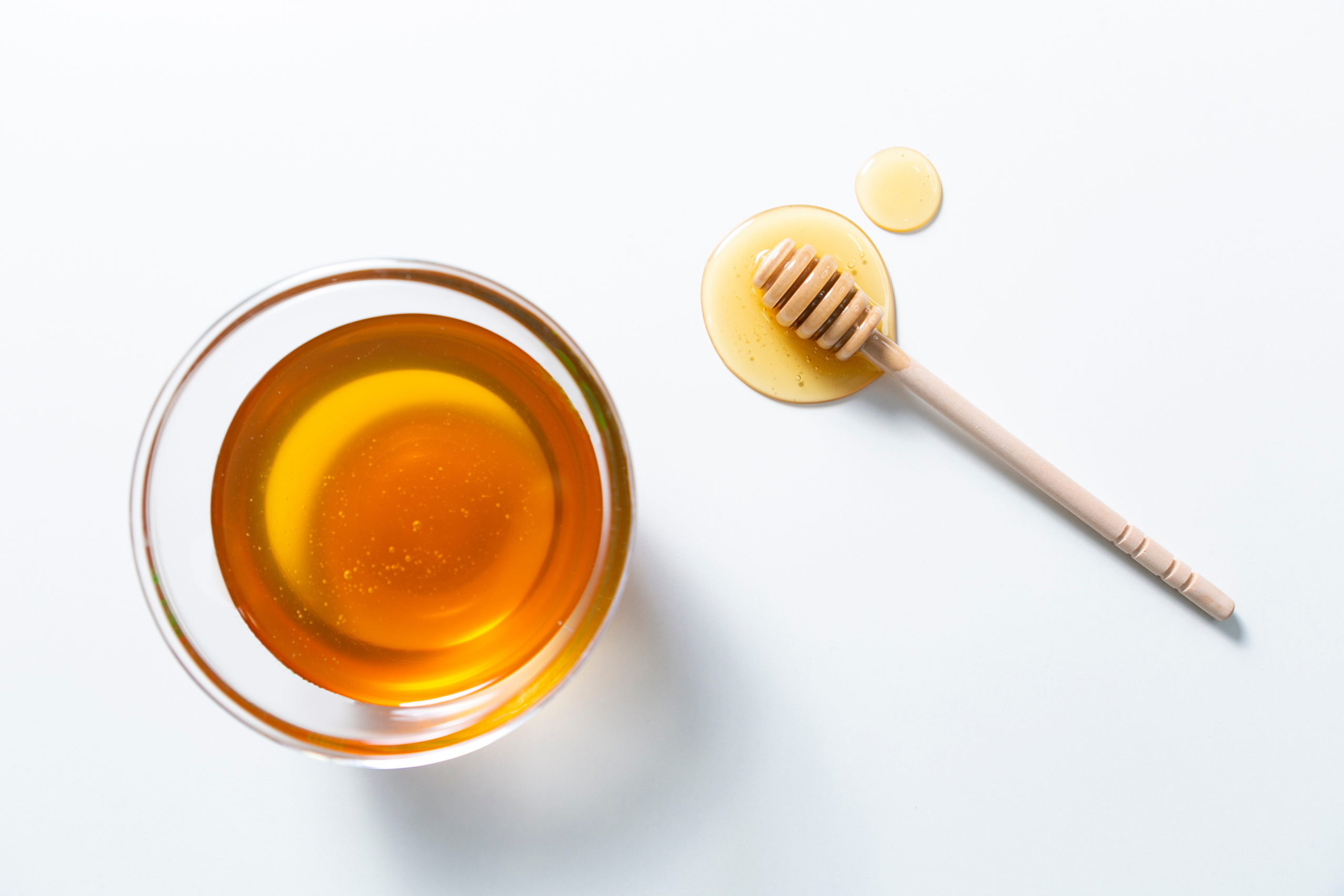Sacar Newsletter - May 2022

Edito
Are you confronted with too much “noise” and Eurospeak when dealing with Brussels issues? At SACAR, the Joint Secretariat of Agricultural Trade Associations, we cover food sustainability, trade, food safety, taxation and nutrition. Timely, easy to read, yet capturing the essence – this is how we would like to receive news ourselves.
We hope you find it interesting!
Wishing you a pleasant reading,
Best regards
Anna Boulova,
SACAR Managing Director
In this issue :
- Blessed with honey
- Mirror clauses: the report argues for case-by-case approach and wto compatibility
- EU consultation on sustainable food system
- EU-US trade: looking for a common picture on agriculture?
- The codex peanut chronicle
- EU is keeping an eagle eye on oilseeds with new regulation on reporting of oilseeds stocks
- The EU grants full market access for goods from Ukraine for one Year

BLESSED WITH HONEY
SACAR is happy to announce a healthy addition to our portfolio. As of 1st May, we have started working on the European matters for F.E.E.D.M. – the European federation of honey packers and distributors. FEEDM represents the interests of the European honey business. The priority of the association is to defend and promote honey as a pure and natural product. The Federation supports good apiculture practice and aims at improving the quality standards of the product.
MIRROR CLAUSES: THE REPORT ARGUES FOR CASE-BY-CASE APPROACH AND WTO COMPATIBILITY
The much awaited final Commission report on Mirror Clauses has been made public. A leaked draft text on Application of EU health and environmental standards to imported agricultural & agri-food products had already indicated that the Commission is placing WTO compatibility of any proposed measures as the litmus test, whilst not altogether dismissing the notion of mirror clauses. The report is currently being finalised by (co-responsible) DGs SANTE, AGRI, TRADE & ENVI, and is due to be published in early June.
In fact, the Commission argues that there is a case for applying EU health and environmental (inc. animal welfare) requirements on process and production methods to imported products. This is because ambitious health, environmental and other sustainability standards and objectives are not self-serving EU interests, but contribute to achieving legitimate objectives on global concerns.
Given the macro-economic and current supply chain turmoil, and the conclusion of the French presidency at the end of June, it remains to be seen what level of appetite will remain for upending the status quo further when it comes to trade.
EU CONSULTATION ON SUSTAINABLE FOOD SYSTEM
The EU has launched a consultation on Sustainable food system – setting up an EU framework. It will be running till 21 July 2022.
It is divided into:
1. General questions on views on sustainability and a sustainable food systems approach (questions 1 -14)
2. Specific questions relating to sustainability information to consumers or labelling (Q15 – 17)
3. Specific questions on procurement, marketing and nutrition (Q18 – 25)
SACAR has started preparing replies on behalf of our various member associations. We will also discuss with our partners in the food chain.
EU-US TRADE: LOOKING FOR A COMMON PICTURE ON AGRICULTURE?
During the meeting of the Civil Dialogue Group on International Aspects of Agriculture which took place on 6 May 2022, the European Commission’s DG AGRI shared that it had newly established a collaborative platform with the US Department of Agriculture (USDA).
The objective of the collaborative platform is to address (1) climate and agriculture; (2) sustainable agriculture; and (3) trade and agriculture. Currently exchanges are ongoing between DG AGRI and USDA on technical issues, but the first wider stakeholder event is planned for December 6 in Brussels, to allow exchange and conversation on future challenges for agriculture in EU and US.
Traders of agri-food products between the EU and the US remain anxious for the European Union and the Biden administration to find a permanent resolution to disputes which had hampered trans-Atlantic trade, particularly in relation to the Steel and Aluminium dispute, where the suspension of retaliatory duties only remains in place until the end of 2023.
THE CODEX PEANUT CHRONICLE
No man in the world has more courage than the man who can stop after eating one peanut, said Channing Pollock. No Codex discussion can stop after just one meeting, we say.
In May, the Joint FAO/WHO food standards programme Codex Committee on contaminants in foods had a meeting to discuss again the maximum levels for total aflatoxins in ready-to-eat peanuts. To recall, India presented a new work proposal for establishing a Maximum Level Total Aflatoxins in 2013. The Committee established an Electronic Working Group to prepare a discussion paper. The presented values for a new Maximum Level for ready-to-eat (RTE) peanuts are either 10, 12 or 15 µg/kg. Currently, the Aflatoxin maximum level in the EU for ready-to-eat peanuts is 4 μg/kg.
SACAR has had a meeting with the Commission to get an update. Unsurprisingly, no decision was made at Codex.
According to the Commission:
- Currently the discussion on the possible maximum level is between 10-15 µg/kg.
- EFSA performed its risk assessment on aflatoxins in ready-to-eat peanuts. A level higher than the EU 4 µg/kg would pose an increased health risk for EU citizens.
- If a level higher than the EU one is agreed at the next CODEX meeting, the EU will put a reservation and not adopt this value in the EU legislation.
- According to the Commission, a reservation does not block the Codex decision by majority. If a member places an objection, it will trigger a vote.
- If the views at Codex remain divergent, no level would be proposed.
EU IS KEEPING AN EAGLE EYE ON OILSEEDS WITH NEW REGULATION ON REPORTING OF OILSEEDS STOCKS
With the fallout from the conflict in Ukraine continuing to cause tight supply and play havoc on trade in oilseeds, cereals and many other crops, the EU is calling on Member States to report on levels of stocks of cereals, oilseeds and rice.
On 20 May, the European Commission issued Regulation (EU) 2022/791, which will oblige Member States to provide up-to-date information on levels of stocks of cereals, oilseeds and rice, including production and levels of stocks of certified seeds, held by producers, wholesalers and relevant operators.
The Commission is billing this as a way to prevent and mitigate market disruptions, given the high volatility in prices and the trade restrictive measures that have been the hallmarks of the agri-food sector in the past few months.
Member States will have to comply with the new reporting measures as from July 2022, to give them time to set up the required monitoring and reporting processes.
THE EU GRANTS FULL MARKET ACCESS FOR GOODS FROM UKRAINE FOR ONE YEAR
The EU Regulation 2022/870 providing full trade-liberalisation in favour of Ukraine for one year has been published in the Official Journal.
For goods originating from Ukraine, the preferential customs duties on importation into the Union of certain industrial products shall be set to zero; the application of the entry price system shall be suspended and no customs duties shall apply to imports of those products; all the tariff-rate quotas shall be suspended and the products covered by those quotas shall be admitted into the Union without any customs duties. Only products complying with the origin rules are eligible.

